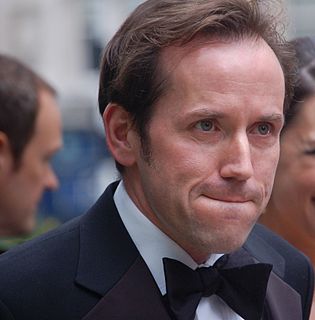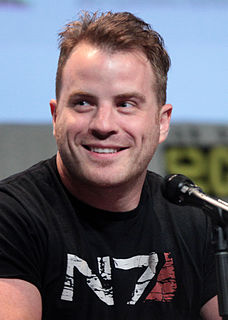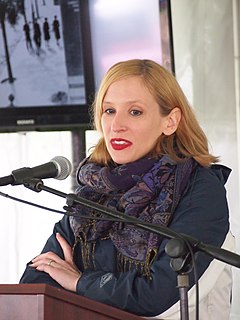A Quote by Jane Lindskold
Diana Wynne Jones' excellent book 'The Tough Guide to Fantasyland' is a compendium of the sort of lazy writing that has given fantasy fiction - especially the sub-section that features elves and dwarves and other Tolkienesque elements - a bad name.
Related Quotes
While the whole 'God Butcher Saga' had elements of fantasy, sci-fi and horror all mixed together, 'The Accursed' is very much high-fantasy. Right out of the gate, we've got elves, talk of fantastic worlds, strange creatures, Malekith riding a flying tiger, as well as more dwarves, giants, trolls and elves than you can possibly count.
For the rest, they shall represent the other Free Peoples of the World: Elves, Dwarves, and Men, Legolas shall be for the Elves; and Gimli son of Gloin for the Dwarves. They are willing to go at least to the passes of the Mountains, and maybe beyond. For Men you shall have Aragorn son of Arathorn, for the Ring of Isildur concerns him closely.
Those were happier days, when there was still close friendship at times between folk of different race, even between Dwarves and Elves.' It was not the fault of the Dwarves that the friendship waned,' said Gimli. I have not heard that it was the fault of the Elves,' said Legolas. I have heard both,' said Gandalf[.]
Elves are wonderful. They provoke wonder. Elves are marvellous. They cause marvels. Elves are fantastic. They create fantasies. Elves are glamorous. They project glamour. Elves are enchanting. They weave enchantment. Elves are terrific. They beget terror. The thing about words is that meanings can twist just like a snake, and if you want to find snakes look for them behind words that have changed their meaning. No one ever said elves are nice. Elves are bad.
I was in a store in Halifax, Nova Scotia that I love, sort of like an environmental friendly sort of store. But they had a great book section. So I went in there all the time. The woman who worked there - which I feel so bad; I've forgotten her name - she handed me the book and she said, "Hey, you should read this. I think it would make a good movie." I remember reading the back of it and I was like, "Huh." Then I just devoured the book and I was so moved by it and said, "Why don't we start developing this into a film?" So that's how it ['Into the Forest'] all started.
If there’s a zeppelin, it’s alternate history. If there’s a rocketship, it’s science fiction. If there are swords and/or horses, it’s fantasy. A book with swords and horses in it can be turned into science fiction by adding a rocketship to the mix. If a book has a rocketship in it, the only thing that can turn it back into fantasy is the Holy Grail.



































